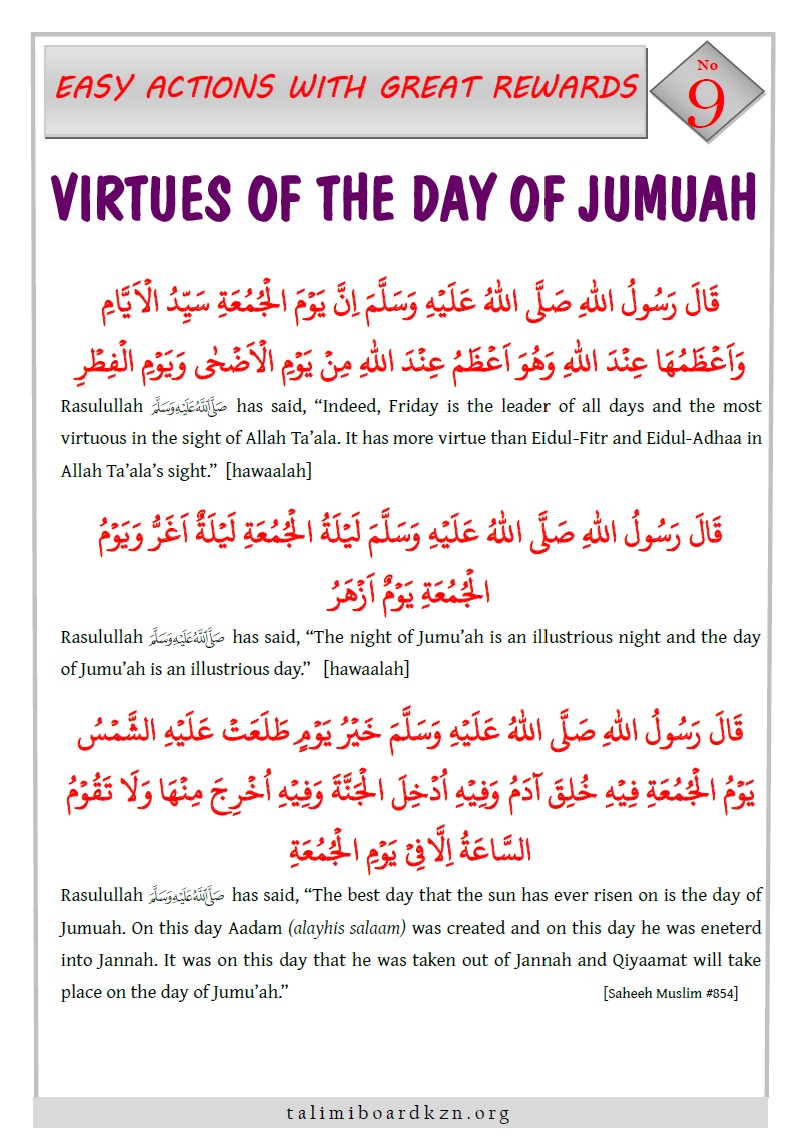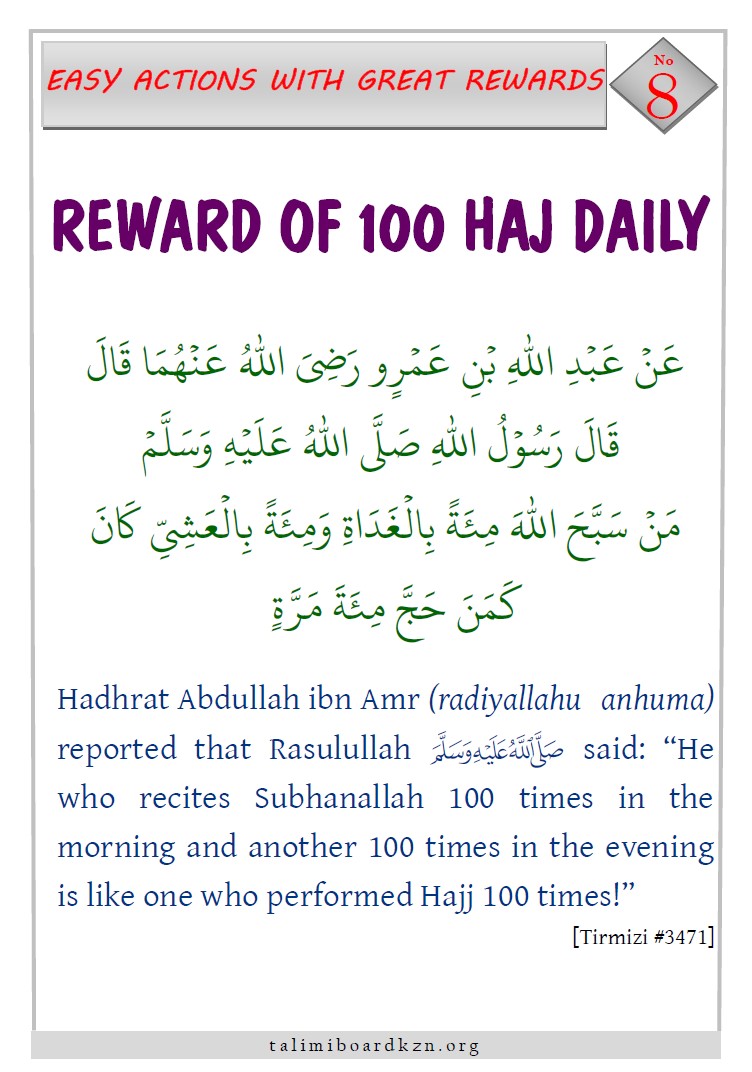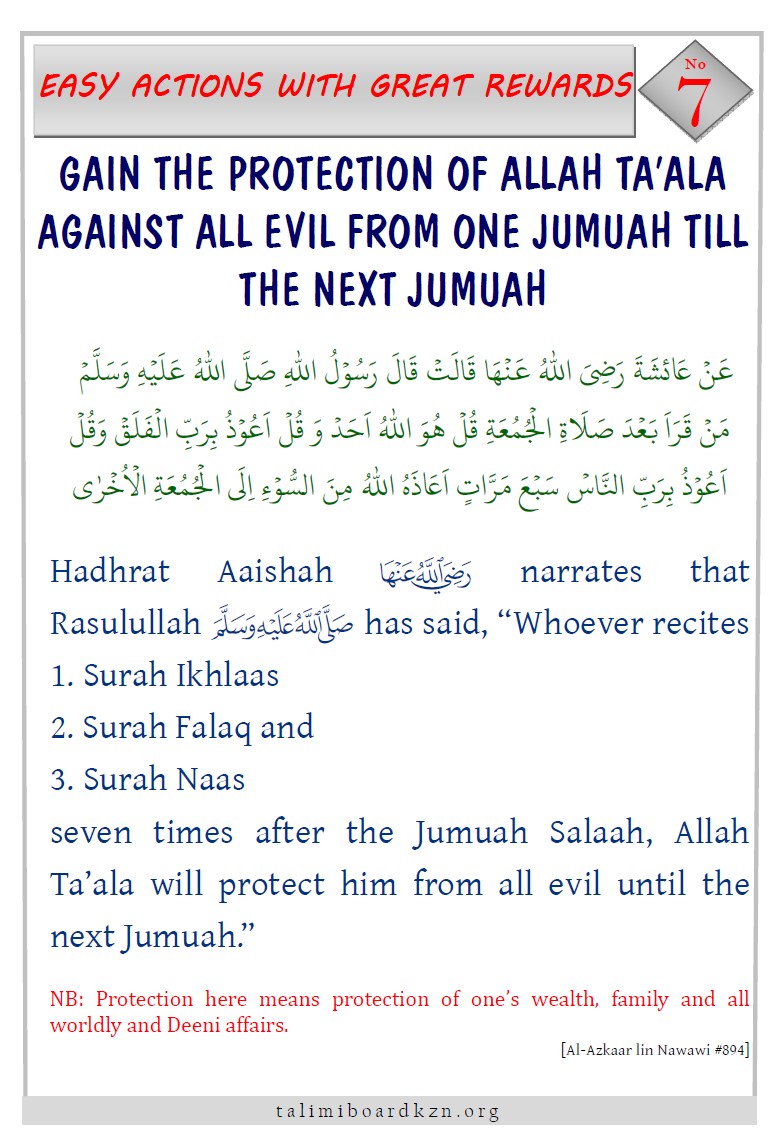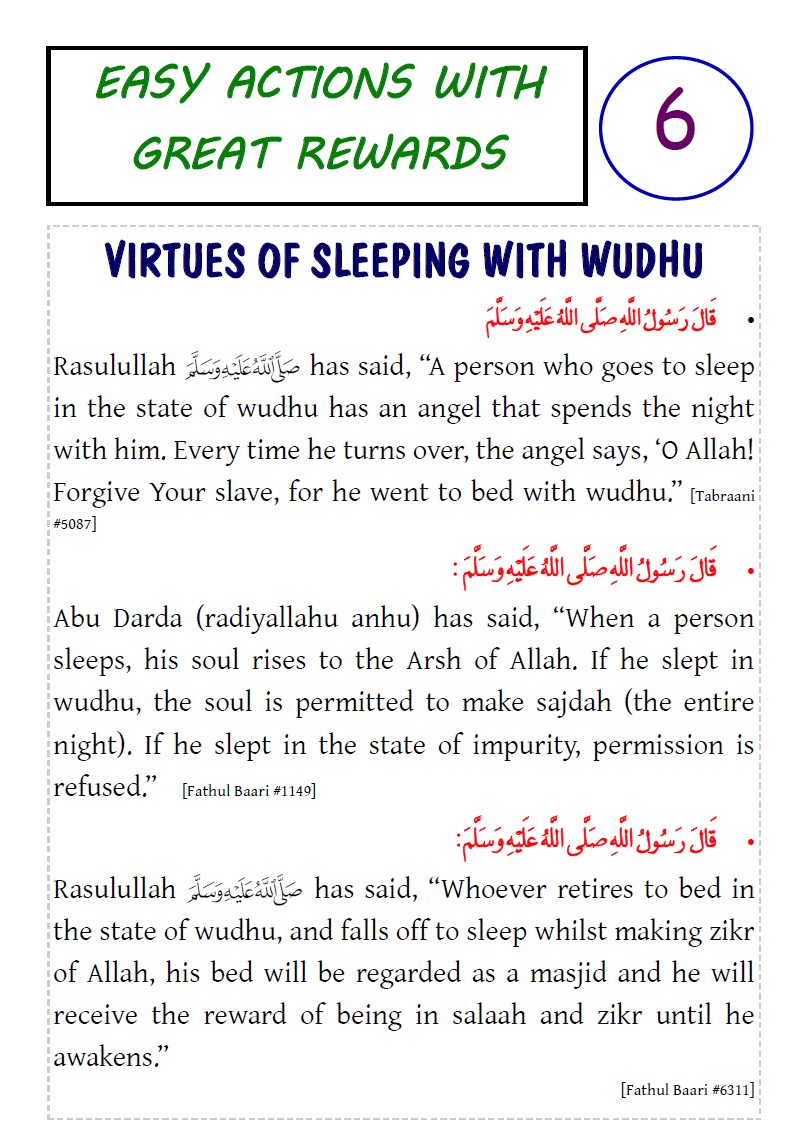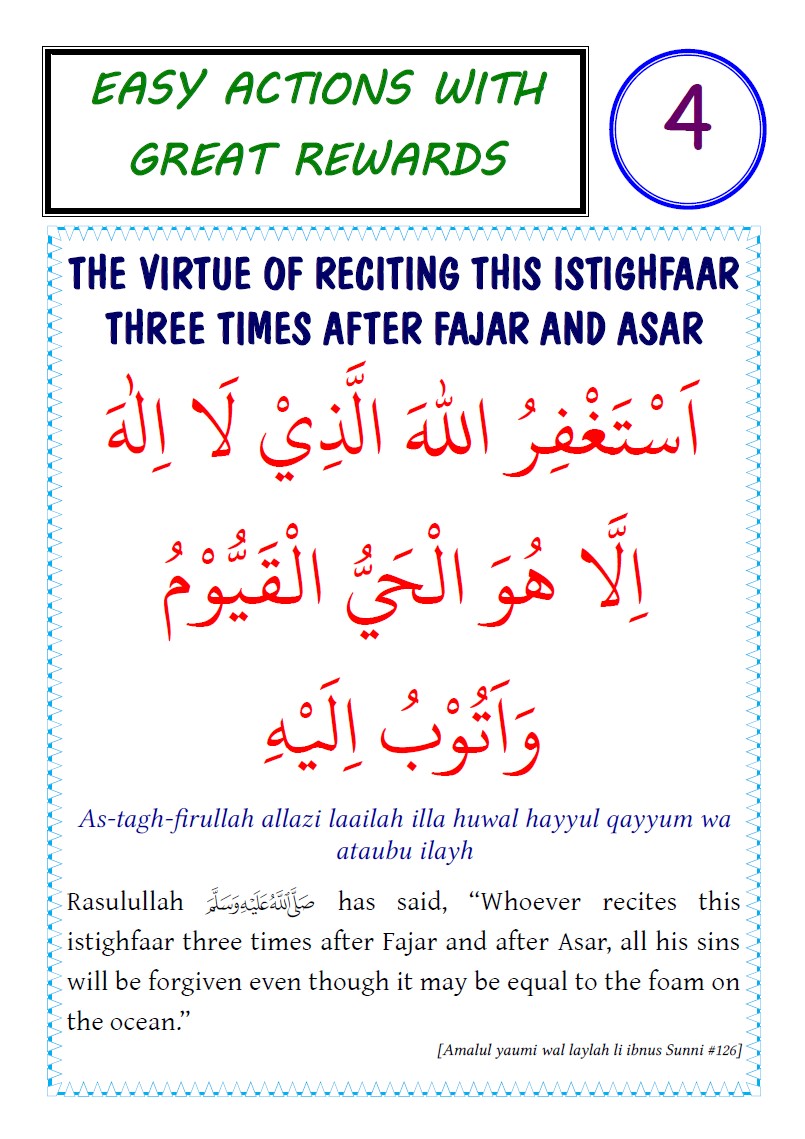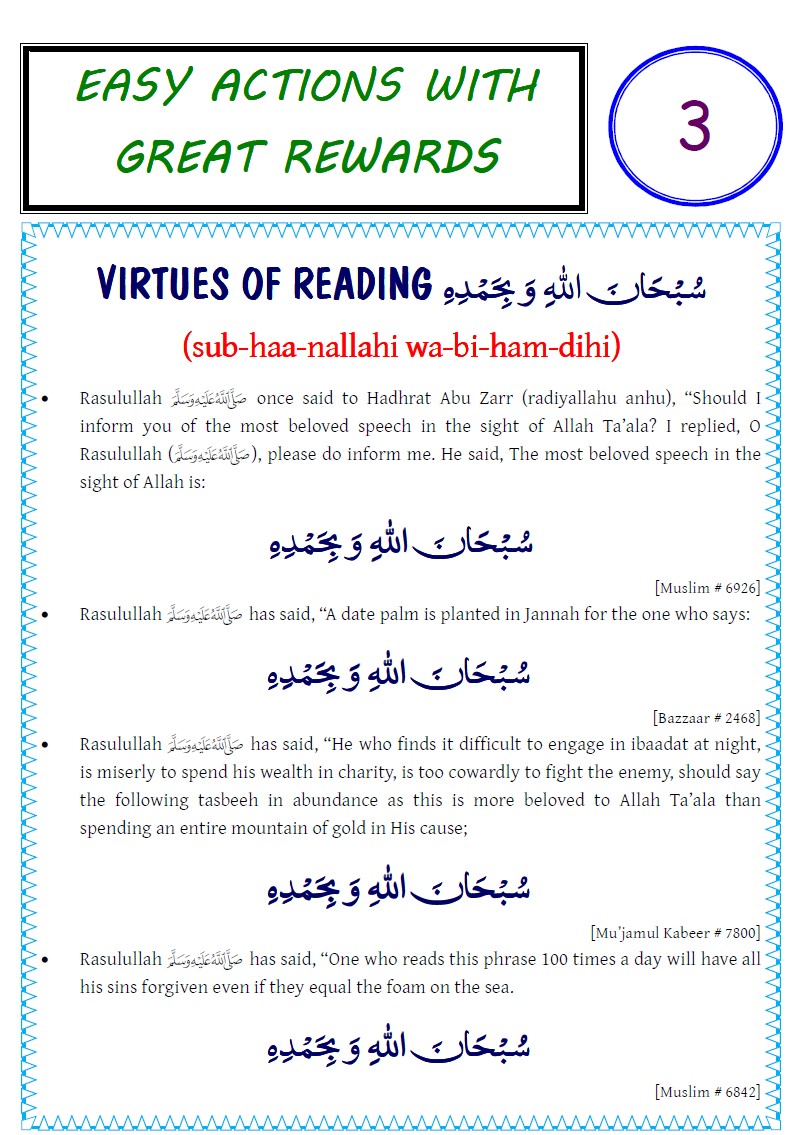What does a maktab Apa need to know in order for her to qualify to teach children in a maktab?
Question: What does a maktab Apa need to know in order for her to qualify to teach children in a maktab?
Answer: A maktab Apa does not need to be a qualified Aalimah.
However, she will require to at least have the basic Deeni knowledge which is as follows:
- How to recite the Qur-aan Shareef fluently with Tajweed.
- Hifz of all the Surahs from Surah Duha to Surah Naas as well as Surah Yaaseen and Surah Mulk.
- Memorise the dua kitaab
- Have good knowledge of Fiqh, Aqaaid and History
- She must know how to make wudhu, ghusal and Salaah correctly
- Basically she must know the entire maktab syllabus
Together with the above she must also have knowledge of the following;
- How to teach Qur-aan, Surahs and duas
- How to teach Practical wudhu and Salaah
- How to teach Fiqh, Aqaaid and History
- How to manage a classroom
- How to manage little children
- How to manage admin records like a register, planner, etc.
For this she should attend a teacher training program or spend at least two-three months in the classroom with a qualified experienced Apa.
She should also have the qualities of taqwa, ikhlaas and honesty. Her piety and righteousness is what will rub off on the children and make them practice Deen Insha Allah.
And Allah knows best
Ta’limi Board (KZN)

